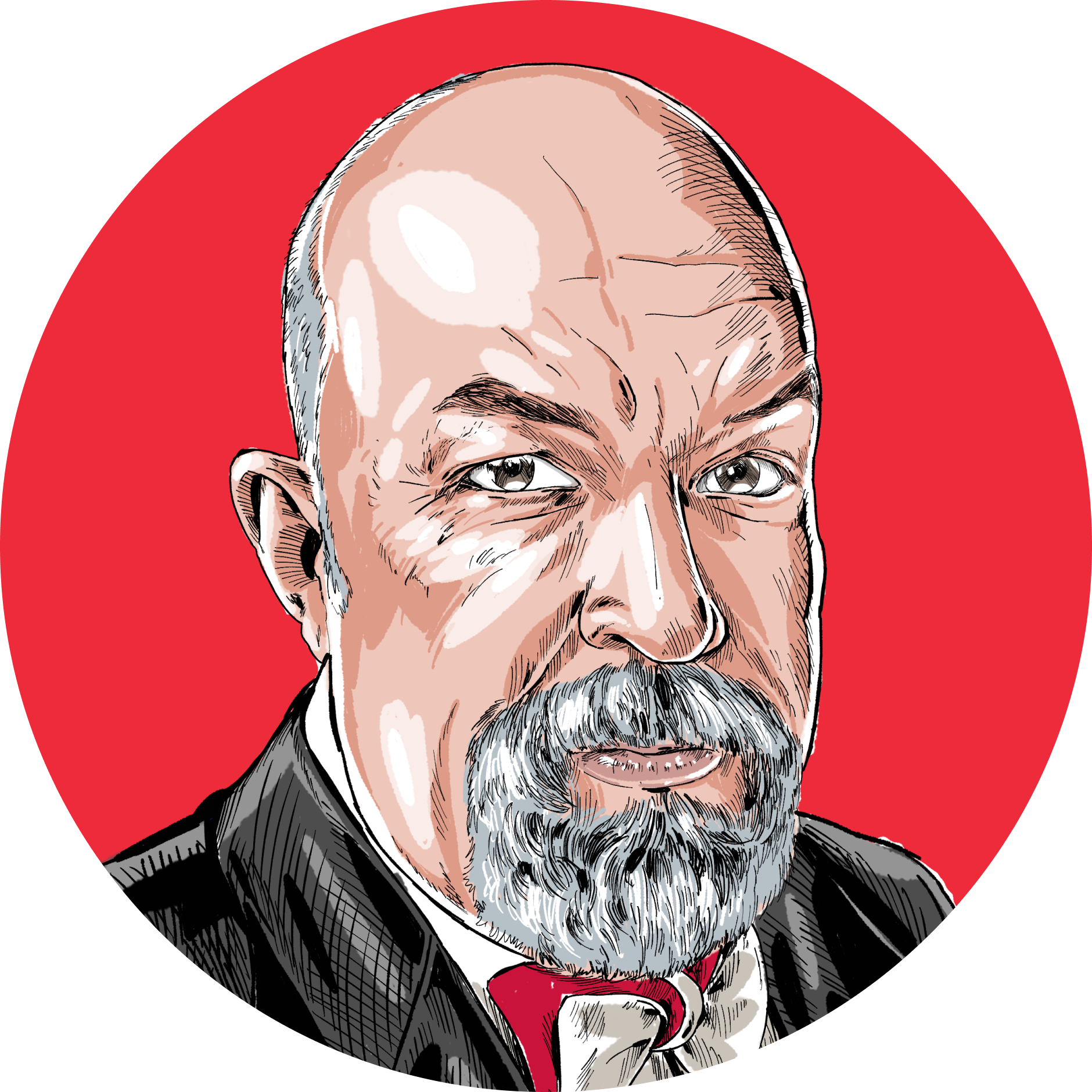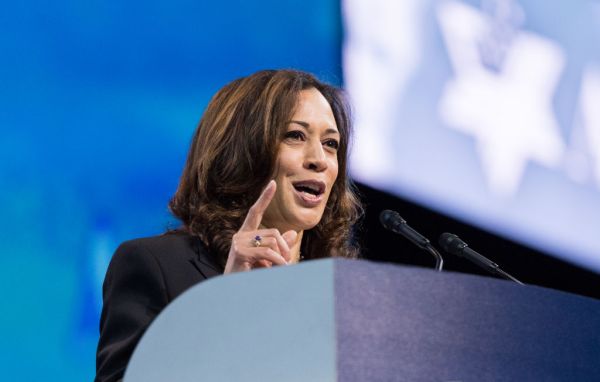Does the word “democracy” actually mean anything?
I ask in light of the very confused commentary about the Israeli government’s purported assault on Israeli democracy—an assault on democracy in the very odd form of a democratic vote in the nation’s democratically elected parliament that would give its democratically elected government new oversight powers with regard to the country’s judiciary, which is—many American commentators seem to miss this part—appointed through means only very lightly attached to democratic accountability.
In the United States, Supreme Court justices are nominated by the president, who may choose anybody he pleases, and nominations are subject to Senate ratification. In Israel, the president is obliged to choose a nominee from a list of pre-approved candidates selected by a committee, the majority of whose members are either sitting Supreme Court judges (three members of the nine members) or representatives of the Israel Bar Association (two more). A minority of the committee’s members, four in total, come from the elected side of life: the minister of justice, another cabinet member, and two members of the Knesset, the Israeli parliament. In the United States, the elected members of Congress may remove a Supreme Court justice, but, in Israel, that is not the case, with the power to remove a high-court judge restricted either to the Selection Committee or to a special “Court of Discipline” whose members are appointed by the president of the Supreme Court.
This is not obviously a bad way to manage a Supreme Court (it is not unlike the nominating-commission model seen in states such as Kansas) but it is far from the most democratic way. In some U.S. states, such as Wisconsin, state supreme court justices are elected; in other states, they are appointed by elected governors; in Virginia, judicial elections are handled by means of legislative election, i.e., a vote within the state legislature. In the U.S. process, bar associations may offer an opinion on nominees, but they do not wield the kind of official vetting power that Israel Bar Association representatives enjoy over their country’s Supreme Court. Investing unelected private associations with real political power may be in some cases a useful and prudent practice, but it is certainly a fraught one and it is the opposite of democratic in that it elevates the official power of unelected private parties relative to the authority of the elected representatives of the people.
In the United Kingdom, the doctrine of “parliamentary sovereignty” means that the Supreme Court does not have the power to strike down acts of parliament the way our Supreme Court does with unconstitutional (in reality or ex penumbras) laws. I prefer the U.S. practice of “judicial review,” but it surely is the case that the British practice, which invests more power in the people’s house, is more democratic.
The Israeli prime minister, Benjamin Netanyahu, has his own judicial problems—he has been on trial on corruption charges for years—but he is not wrong to note that Israel’s balance of powers is distinctly different from those typical of advanced democracies, and he may very well be correct when he argues that Israel has “the most activist judicial court on the planet.” In order to reform that (and the fact that doing so is in his political interest does not mean that it is wrong, only that it is convenient for him), his proposed bill—a bill that is wending its way through the democratic process in the parliament—would shift some power to that parliament, meaning to the elected representatives of the Israeli people.
Naturally, this horrifies the people who are usually so eager to lecture us about democracy. Over at the New York Times, Thomas Friedman (or his headline writer) insists that “Netanyahu is shattering Israeli society.” Israel has many problems right now, Friedman writes, but what “could really tear apart Israel’s democracy is Netanyahu’s scheme to essentially end the independence of the Israeli Supreme Court in the name of ‘judicial reform,’” with Netanyahu “ignoring polls that show a majority of the public oppose the judicial takeover.” That is an interesting argument—citing polls against an effort to democratize the courts. Surely the poll that happened on election day—and brought Netanyahu back to power—should count for something, too.
Natan Sachs, writing for Brookings, warns of a “majoritarian nightmare,” writing:
In the United States, if a small majority of the House of Representatives aimed to pass legislation to curtail minority rights, the bill would still have to pass the Senate (with its filibuster), the presidential veto, and federal courts. Each of these institutions answers to different constraints and constituencies. They all operate under a defined Bill of Rights that is extremely hard to change. Many legal matters are also within the purview of the states, not the federal government. Abuse of minority rights still happens, but it requires the consent of many different institutions and constituencies.
In Israel, if a small majority of the sole chamber of the legislature, 61 of the 120-member Knesset, supported a bill to curtail individual or minority rights, it would face precisely one formal constraint: the Supreme Court, acting as a “High Court of Justice.” This is what the Netanyahu-Levin legislation would effectively abolish.
The Netanyahu coalition is proposing that only a unanimous decision of all 15 justices could strike down legislation. It is also proposing to politicize the process of judicial appointments, making unanimous decisions against a coalition even more remote a possibility. Most dramatically, if the court struck down legislation, a bare majority of 61 could simply override judicial review.
Sachs’ argument is, in many ways, persuasive. I myself cherish the most anti-democratic features of U.S. government, such as the Bill of Rights and the Electoral College, and I’d get rid of the 17th Amendment if I could—but it is important to understand that our republic functions as well as it does because of its undemocratic and anti-democratic features, not in spite of them. These are not imperfections: They are our constitutional architecture, and that architecture is, by design, anti-majoritarian.
If democracy means anything, it means that, ultimately, the majority rules. And even in the U.S. context, the Bill of Rights could, in theory, be altered by means of the democratic process—but that would be a very difficult effort and unlikely to succeed. For better or worse, Netanyahu’s proposal would push Israel more in the direction of majority rule. It will not do to mischaracterize this – those who abominate the Netanyahu plan are abominating an effort to partially democratize a currently undemocratic arrangement.
Call that a “majoritarian nightmare” if you like, and I won’t disagree—but then I don’t want to hear that we must take such-and-such action because the People demand it, because a majority wants it, or, with all due respect to the ladies and gentlemen of the New York Times, that we must refrain from this or that because polls tell us that the People don’t want it. The real case against Netanyahu’s proposed judicial reform isn’t that it polls poorly but that it represents a radical constitutional change undertaken with too much speed in the heat of too much political passion—that it is lamentably, unquestionably, and perhaps even dangerously democratic.
(Sudden radical constitutional change is one of the many dangers associated with the absence of a written constitution–when I hear Americans characterize constitutional textualism as some kind of nefarious right-wing ideology, I wonder if they ever have considered why we write laws down in the first place.)
I do hope that our progressive friends who can understand the dangers of crass majoritarianism abroad will one day come to see them at home, too. Perhaps they’ll give it some thought if they can take five minutes off from trying to abolish the Electoral College, working to gut the Bill of Rights, or dreaming up new court-packing schemes.









Please note that we at The Dispatch hold ourselves, our work, and our commenters to a higher standard than other places on the internet. We welcome comments that foster genuine debate or discussion—including comments critical of us or our work—but responses that include ad hominem attacks on fellow Dispatch members or are intended to stoke fear and anger may be moderated.